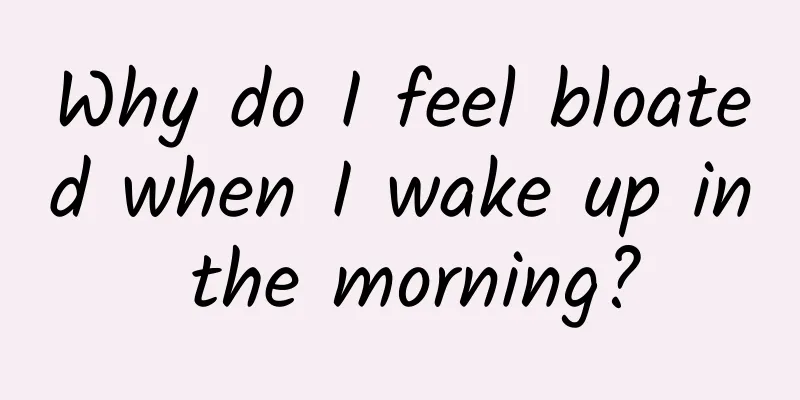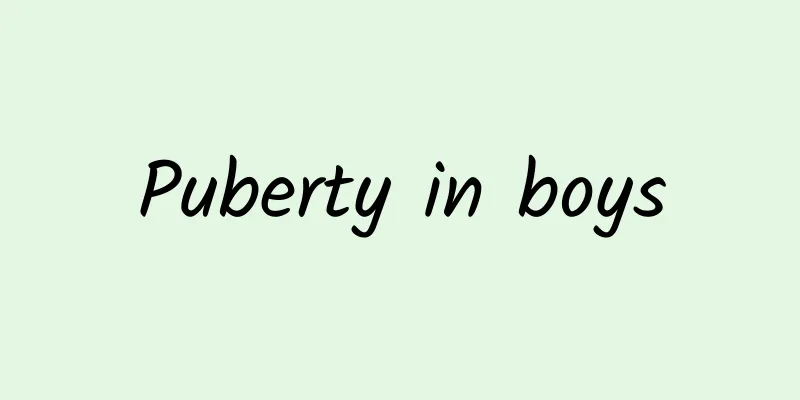Standard male testicles pictures

|
The human testicle is a very wonderful part of the human body. The appropriate temperature is a key criterion for the transformation of sperm in the testicle. The expansion and contraction of the scrotum has the function of adjusting the temperature. When the external temperature rises, the scrotum expands the heat dissipation area; on the contrary, the scrotum shrinks to insulate and keep warm. In the middle and late stages of the baby's development or shortly after birth, the human testicle descends from the abdomen to the scrotum. So, what is the normal size of human testicles? Of course, due to differences in objective factors such as race and body shape, human testicles are not the same size, but the difference is not large. Doctors and experts emphasize that the normal size of a man's testicles is about the size of a circle formed by the thumb and ring finger. It is said that if a man makes an OK sign to put on his testicles, if it is loose or cannot be inserted, it is best to see a doctor immediately. The importance of testicles to men is obvious. In fact, if there is no obvious symptom such as pain, few people pay attention to whether their testicles are normal. The short axis of the testicles of healthy adults is about 3.5 to 4 cm. Normal testicles should be able to fit into the arc of the OK hand position, and it doesn't matter if they are a little loose or a little tight. But if the testicles are shrunken, it may be the cause of infertility. If the root can't be inserted, it may be a testicular disease. It is best to go to an andrologist for examination. I heard that this kind of measurement method is encouraging, because usually very few people measure the size of their testicles. When I heard that there is such a simple and easy method, I couldn't help but find a place where no one is to "measure" it. The location of the male prostate in animals and humans is an organ that produces sperm and metabolizes androgens. Humans have one testicle, one above and one below, which are solid elliptical lines, and the surface is covered with a layer of smooth and tough white membrane. The white membrane is deep inside the testicle, separating the testicle into many cone-shaped lobules. The lobules are filled with convoluted seminiferous tubules, where sperm are produced. The stratified epithelial cells in the seminiferous tubules are composed of spermatogenic cells and somatic cells. The interstitial cells in the middle of the seminiferous tubules can metabolize androgens. The spermatogenic function of the testicles begins during puberty (average age 15), gradually declines in old age, and eventually stops completely. In clinical medicine, it is often found that the testicles of many adult men are smaller than those of ordinary people. Many male patients will be worried because they are afraid that their small testicles will affect their fertility. In fact, small testicles cannot be generalized. There are physiological and paranormal testicles. Among them, physiological small testicles will generally not affect fertility as long as they can produce a certain amount of normal sperm. Will small testicles affect pregnancy? There are many physiological reasons for small testicles, the most common of which are endocrine disorders such as chronic active hepatitis, thyroid cysts, pituitary dysfunction, persistent high fever, taking a lot of estrogen, viral orchitis or male testicular syphilis. All of the above symptoms cause male testicles to shrink and become smaller than normal. Physiological testicular atrophy and shrinkage may also be due to the fact that the spermatogonia or spermatocytes in the seminiferous tubules are easily damaged. When these two types of cells shrink, they cannot grow and develop sperm. Or when they are damaged, normal sperm cannot be produced, and the testicles will shrink. Patients with physiological testicular atrophy and shrinkage often experience infertility; however, interstitial cells that metabolize androgens are generally not affected, and therefore generally do not affect the growth and development of male reproductive characteristics, such as beard, lower voice, prominent Adam's apple, and firmness. From a clinical medical point of view, it is rare for men to suffer from infertility due to severe testicular atrophy. Whether testicular atrophy will cause fertility problems can only be determined through sperm testing. If the sperm density in 1 ml of semen of a man is less than 20 million to 60 million, and the activity function is strong and the shape is not abnormal, then it is necessary to consider whether there is infertility. |
<<: Chronic prostatitis, buy your own medicine
>>: How long does it take for men to see results after taking Qilin Pills?
Recommend
What should I do if there are a lot of small fleshy particles on the glans?
The growth of many small grains on the male glans...
What should a 19-year-old male do if he suffers from impotence and premature ejaculation?
Nowadays, happiness is often mentioned, or it is ...
Is seminal vesiculitis easy to treat?
If a man has more severe symptoms of frequent uri...
Are the scars on your buttocks too ugly? Tips for quick scar removal
Scars are skin problems that appear when the skin...
What is the male menopause age?
Everyone has probably heard of the word menopause...
What to do if the circumcision wound is painful and inflamed?
There are still many men with foreskin that is to...
There is a small red spot on the glans and I don't feel it
The glans penis, also known as the glans penis, r...
What medicine is good for treating sperm liquefaction failure?
If a man's sperm does not liquefy, he should ...
A man has a dark face, how can he make it white?
With the development of the times, becoming beaut...
Bumps at the base of the penis
The pimples at the base of the penis have a great...
What are the fundamental differences between abscesses and cysts?
Many times, because the symptoms of diseases are ...
Once a man starts losing hair in this area, there is no cure.
The economic crisis has not subsided yet, but men...
What is the normal value of free prostate antigen?
Free prostate antigen is usually used to screen f...
What foods are most harmful to the kidneys?
I believe that most male friends have a high leve...
How to tell if a man has strong sexual function
To some extent, the strength of a man's sexua...









